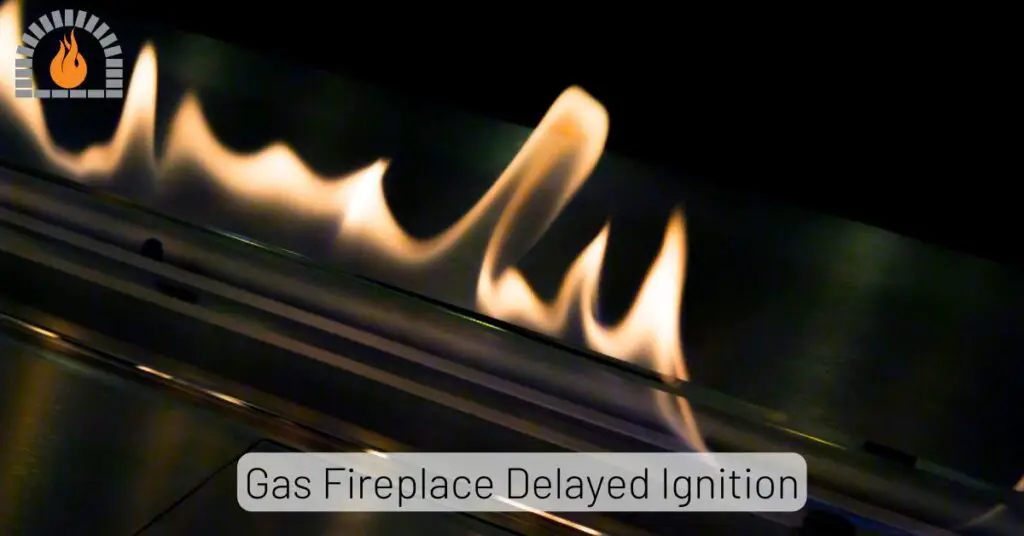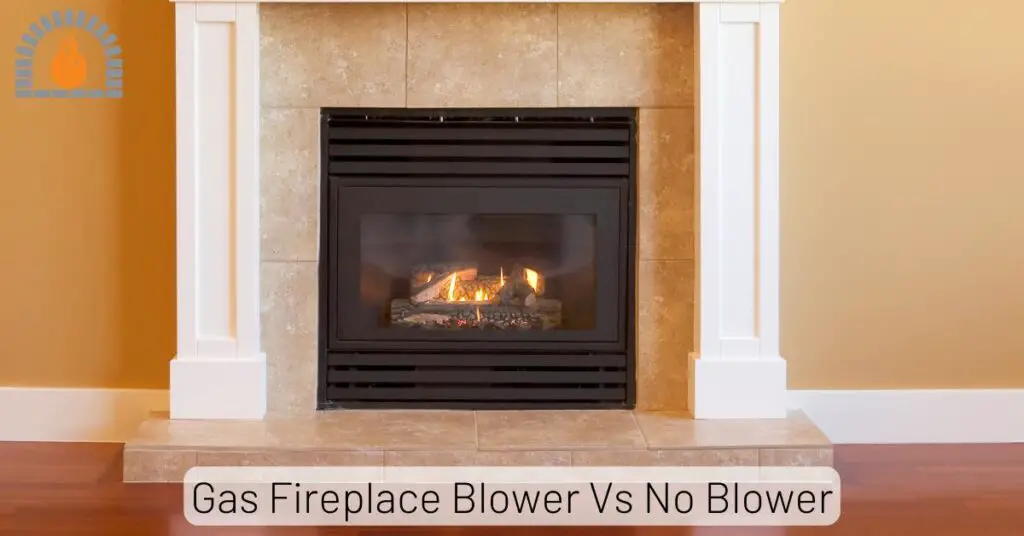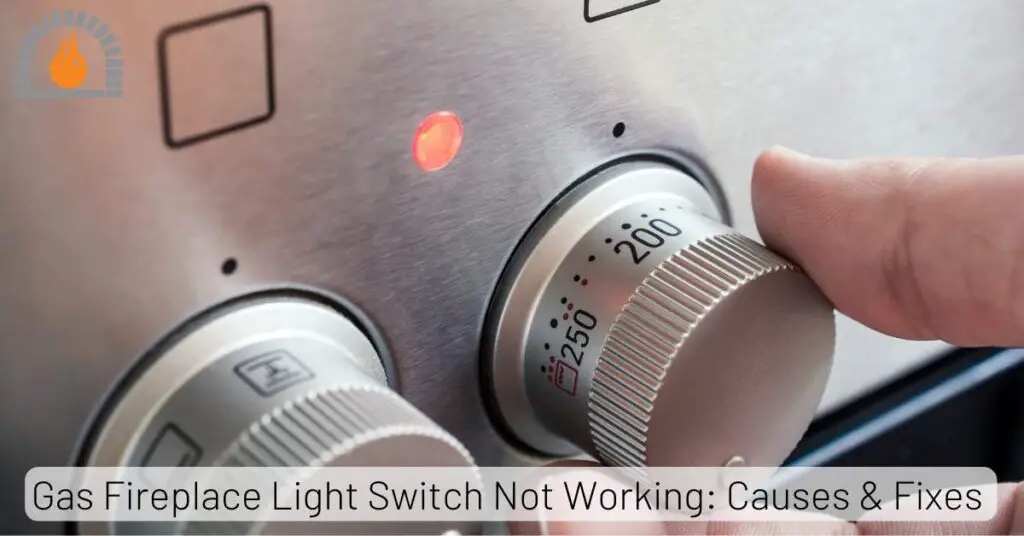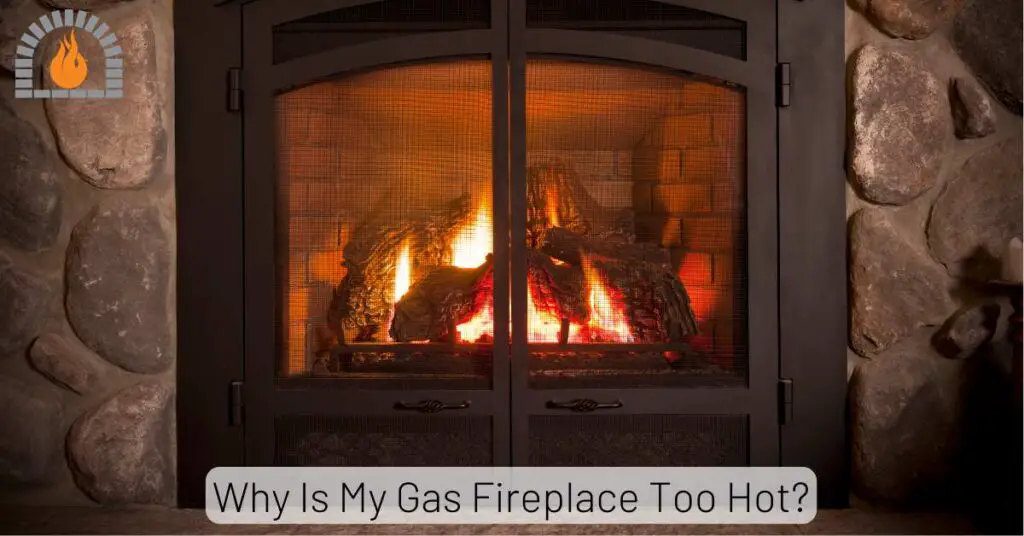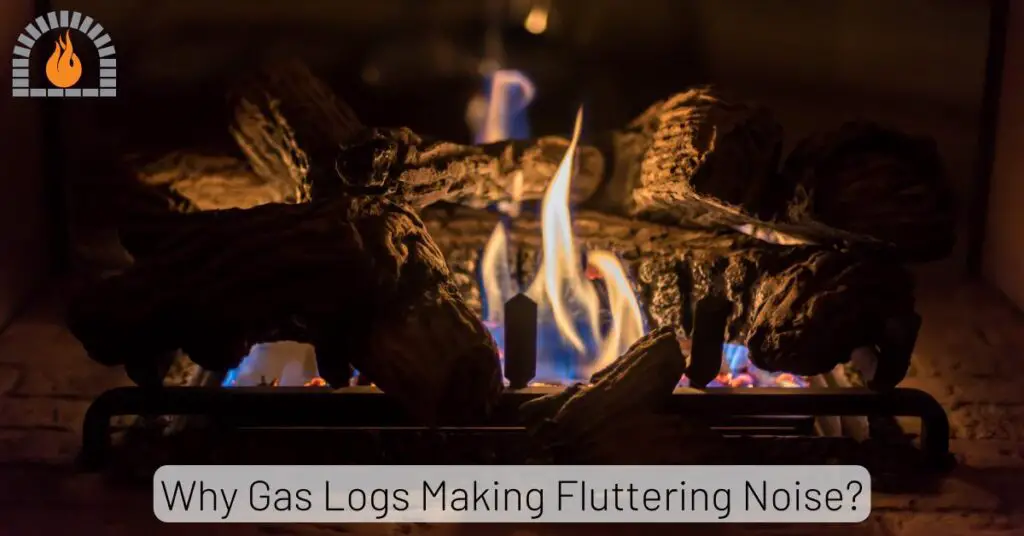When it comes to heating our homes, efficiency is a crucial factor. We want to keep our living spaces warm without breaking the bank on energy bills. Two popular options for heating are gas fireplaces and furnaces. But is a gas fireplace more efficient than furnace?
Is a gas fireplace more efficient than furnace? Gas fireplaces provide localized heat and can be an energy-efficient option for zone heating, effectively warming specific areas. However, a furnace typically proves more effective and economical when it comes to whole-house heating. Furnaces are purpose-built for central heating and distribute warmth evenly throughout a residence.
| Feature | Furnace | Gas Fireplace |
|---|---|---|
| Primary Function | Central heating for the entire home | Supplemental heating and ambiance |
| Heat Distribution | Duct system throughout the house | Localized heat, primarily in one room |
| Efficiency | High efficiency with modern models | Variable efficiency, often lower than furnaces |
| Installation Cost | Higher due to ductwork and unit costs | Lower, especially for ventless models |
| Operating Cost | Depends on usage and fuel prices | Generally lower for limited use |
| Maintenance | Requires regular maintenance (filters, duct cleaning) | Less frequent, mainly burner and vent cleaning |
| Space Requirements | Needs a designated area, often a basement | Compact, can be installed in existing structures |
| Aesthetics | Hidden, not a visual feature | Visible, often a focal point in the room |
| Heat Control | Thermostat-controlled | Manual or remote control |
| Ventilation | Requires ventilation through ducts | Can be vented or ventless |
| Installation Time | Longer due to complexity | Quicker, especially for ventless models |
| Fuel Source | Natural gas, propane, or electricity | Natural gas or propane |
| Safety | High, with built-in safety features | Generally safe, but ventless models require good air quality management |
| Environmental Impact | Dependent on fuel type and efficiency | Lower emissions with high-efficiency models |
| Zone Heating | Not ideal, heats the entire house | Ideal for zone heating, focusing on specific areas |
Furnace Vs Gas Fireplace
Regarding raw energy efficiency, high-efficiency furnaces have an edge over gas fireplaces. They excel in distributing heat evenly throughout the house, which is particularly crucial for larger or multi-story homes. However, gas fireplaces excel in providing targeted, cozy heat to specific areas. Additionally, they offer the extra advantage of creating ambiance, rendering them a favored choice for living rooms or bedrooms seeking a relaxed atmosphere.
You Can Check our Recommendations:
Understanding Gas Fireplaces
Gas fireplaces have gained popularity recently due to their convenience and aesthetic appeal. They use natural gas or propane to generate flames, mimicking the ambiance of a traditional wood-burning fireplace.
These units often have a venting system, which can be vented through an existing chimney or directly vented through an exterior wall.
Efficiency of Gas Fireplaces
Gas fireplaces are known for their zone heating capabilities. This means they primarily heat their room, allowing you to target specific areas of your home. They also don’t suffer from heat loss through ductwork, which is common in forced-air systems.
It’s important to remember that a gas fireplace’s overall efficiency can fluctuate based on the specific model and its venting arrangement. Modern, direct-vent gas fireplaces are more efficient, with ratings ranging from 70% to 85%.
This means they convert a higher percentage of fuel into usable heat.
Understanding Furnaces
On the flip side, furnaces serve as a central heating system that disperses warm air throughout the house using ductwork. They can run on various fuels, including natural gas, propane, oil, or electricity.
Furnaces are known for providing consistent and even heating across all rooms.
Efficiency of Furnaces
Furnaces have made significant strides in energy efficiency over the years. Modern high-efficiency furnaces can achieve Annual Fuel Utilization Efficiency (AFUE) ratings of 90% or higher.
This rating signifies the proportion of fuel transformed into practical heat. This high efficiency makes furnaces attractive for homeowners looking to maximize energy savings.
You May Also Like to Read:
Affiliate Disclosure: Fireplaceadviser.com is a participant in the Amazon Services LLC Associates Program. We may earn a commission when you click on certain links on this site and purchase.

Hello!! I am Jamal Khan. I often fix my home electric heaters and gas stove problems and research the common issues in the heating units to improve my knowledge and expertise. The aim of establishing fireplaceadviser.com is to share my expertise and knowledge with my audience.







